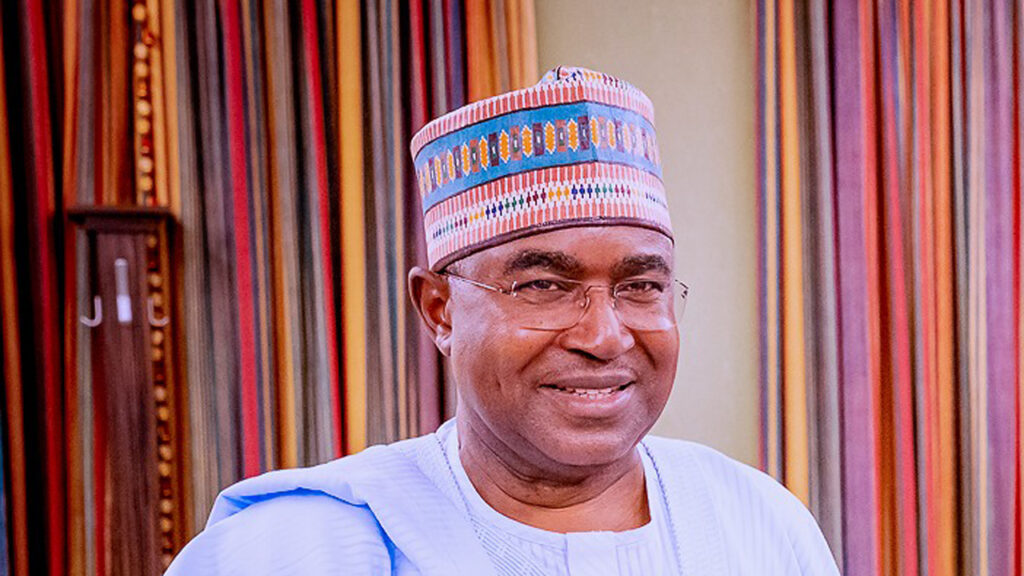
Federal Government, has charged all state governments to domesticate the revised National Gender Policy 2021-2026 for the equity and welfare of vulnerable groups.
Permanent Secretary, federal ministry of Women Affairs, Dr. Monilola Udoh, gave the charge at a Dissemination and Sensitisation Workshop on the 20212026 revised National Gender Policy, (NGP), yesterday in Abuja.
She said “The overall goal of the 2021 National Gender Policy is to build a just society in which women, girls, and other vulnerable groups will enjoy the same opportunities, rights, and obligations in all spheres of life, devoid of discrimination; where their needs and concerns are mainstreamed equitably into all sectors of National development.
“The strategic objectives of the revised National Gender Policy are to; bridge gender and social inclusion gaps and achieve parity in all spheres of life, protect women’s human rights and mitigate sexual and gender-based violence through appropriate buffers and related services.
Dr Udoh adds that the NGP will also”Explore and fully harness women’s human capital assets, as a growth driver for national development through women’s economic empowerment, advance women’s participation and representation in leadership and governance, support women and girls’ education, lifelong health, survival and sustainable development.”
She urged all state’s gender officers represented to ensure the domestication and full implementation of the policy in their various states for overall impact and national development.
United Nations Women and ECOWAS Country Representative to Nigeria, Beatrice Eyong, said, the NGP is a very important national document that sets the tone for how to engage on issues of gender equality and women’s empowerment.
“UN Women has always been at the forefront of the development of the strategy, we feel very honoured to continue to be part of this,” she said.
Represented by the National Programme officer, UN Women, Patience Ekeoba, she urged all development partners to continue to support the process of review, dissemination and implementation of the policy.
Executive Director, Center for Gender, Women and Children in Sustainable Development and Lead of the 2006 Gender Policy Professor Olabisi Aina, explained that the word gender and equity go hand in hand as they all encapsulate the welfare of everyone.
According to her “Unless we get all the processes right, we will not make it in terms of development and this is the reason why the gender policy must be domesticated across all the states in the federation.”












